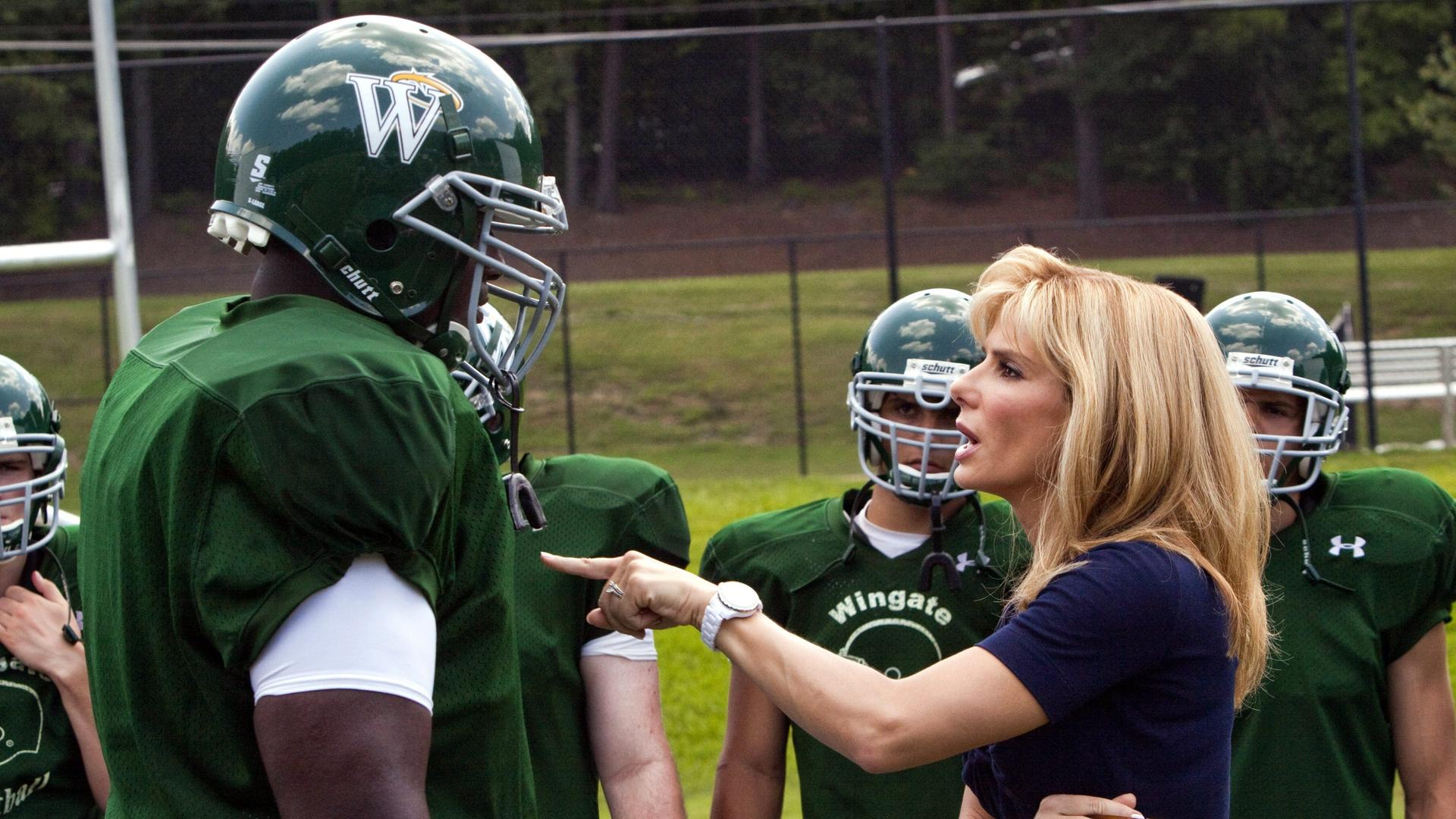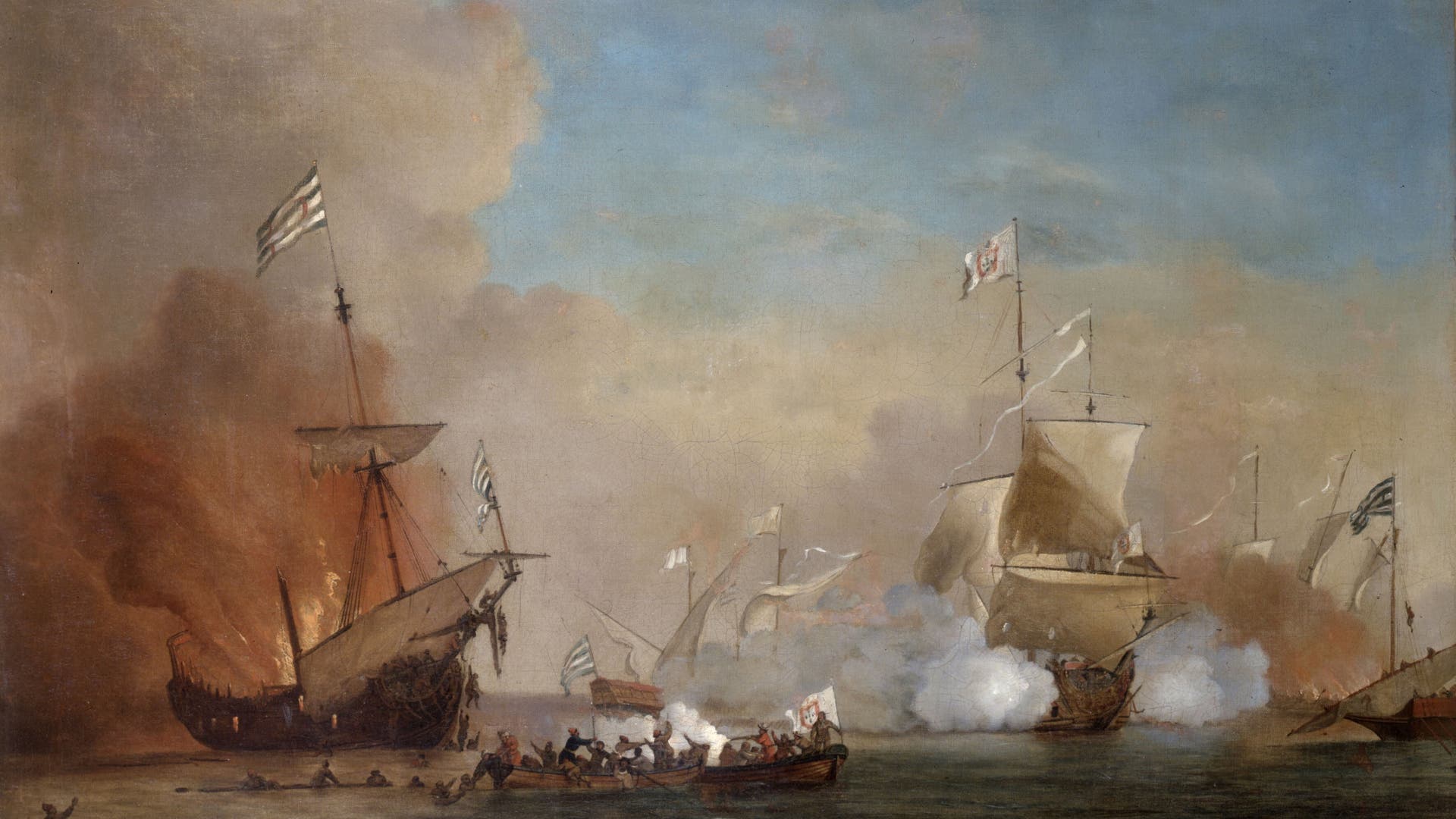However, the “Welsh connection” did not last long. Because his new boss, who was a specialist in fraud, kidnapping and extortion, died a few weeks later while on the job. As the author of “The Berets” reports, the Welsh captain had posed as an English pirate hunter on a royal mission on the island of Principe – then under Portuguese rule. However, his plan was betrayed not only to the material fortifications, but also to kidnap the ruler of the island at the same time. When Captain Davis and some of the main characters visit their victim “for refreshment,” they are ambushed and all but one are killed. Even as he fell, the mortally wounded Davis drew his pistols, “shooting them at whoever pursues him, like a fighting rooster dealing a fatal blow so that he does not fall unresolved,” according to Charles Johnson’s dramatic description.
Democracy on board
It must have been obvious on Davis’ ship that something had gone wrong. After escaping to safety, the leaderless crew called a meeting to choose the new captain. Companions of the deceased captain presented themselves as candidates. Thomas Anas and Walter Kennedy, for example, accompanied Davis from his early days as a pirate, and we’ll talk about them later. However, the team chose Bartholomew Roberts, even though he had only been part of the crew for a few weeks. Charles Johnson cites a crew member who suggested the newcomer on the one hand because of his “courage and skill at navigation” and on the other because he “appears to be in a better position with his wit and courage to defend this commonwealth and to advance us from the dangers and storms of an unstable element and the deadly consequences of anarchy.”
Whether or not this speech is delivered verbatim, it underscores the strict democratic rules that prevailed on the pirate ship. Each man had exactly one vote. American economist Peter Leeson explains in his book The Invisible Hook: The Hidden Economics of Pirates that “pirates did not choose the democratic form of political organization by chance.” “It arose directly from the experience of sailors on merchant ships, where captains had tyrannical powers that they abused with impunity.” In a pirate ship, authority was required, for example to make decisions during a battle. However, this person performed only one of many functions. The supply officer, who was also appointed by the crew, took on other tasks, such as allocating provisions and looting or resolving conflicts between crew members.
If the officials fail in their tasks, the team withdrew their confidence. Privileges were hardly associated with the leadership position. The captain shouldn’t eat better than the poor man on board. When they notice that he has better food, the men bring the dish out of their mess and replace it with the captain’s dish, for example, writes Alexandre Olivier Exquimlin, who himself went to sea as a doctor and pirate, in the 1678 publication De Americaensche Zee-Rovers (The American Pirates). ). From the perspective of a democratic society, this sounds very familiar – around 1700 such a system of separation of powers and “checks and balances” was revolutionary in every sense of the word. The prospect of such working conditions contributed to the fact that few sailors voluntarily joined the pirates or even imposed them.

“Alcohol buff. Troublemaker. Introvert. Student. Social media lover. Web ninja. Bacon fan. Reader.”






More Stories
Minister and great biochemist: Hans Tobey is dead
Dwarf Dragon – Spectrum Science
Zelinger defends cooperation with China